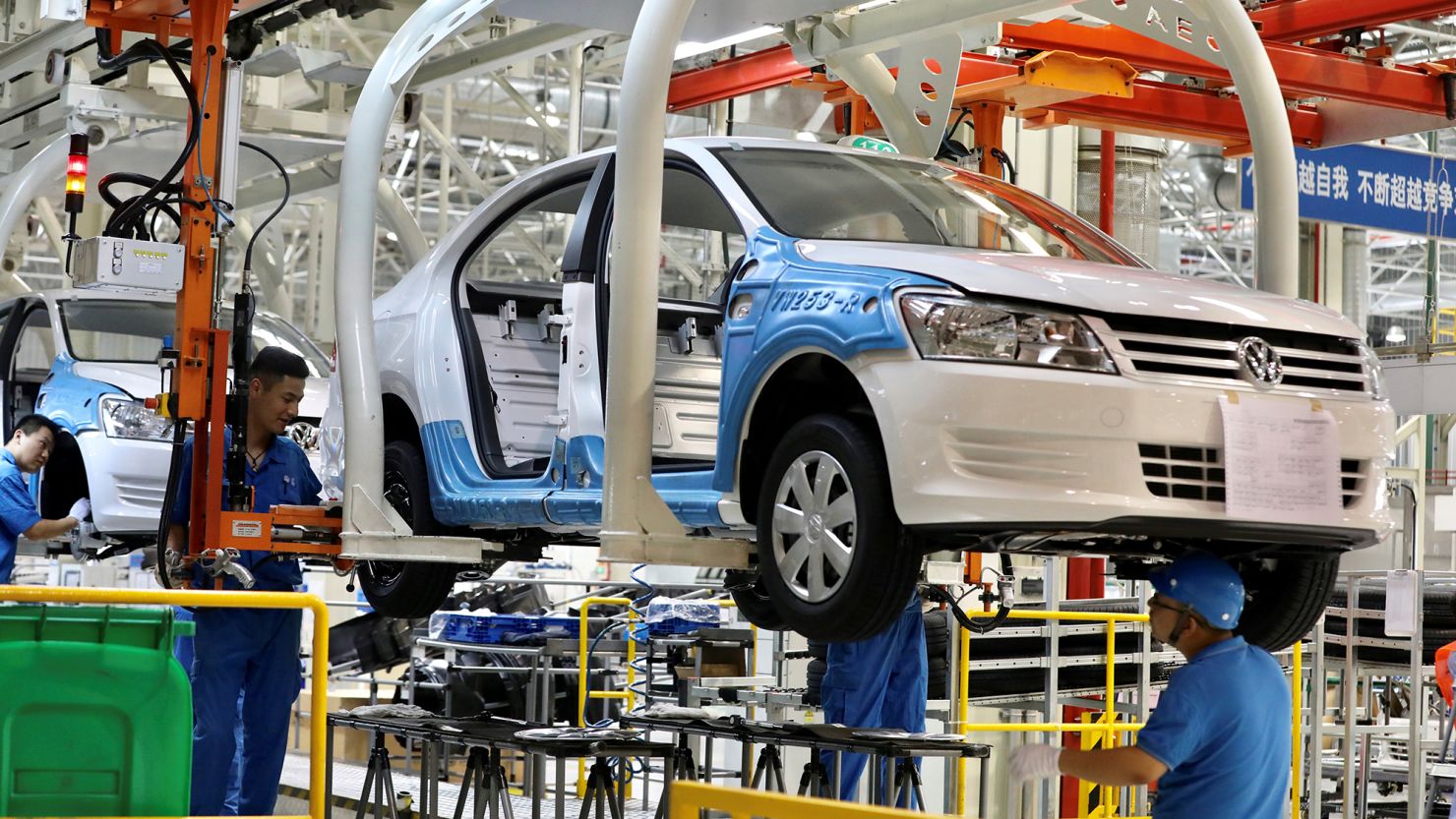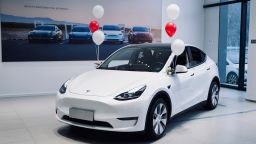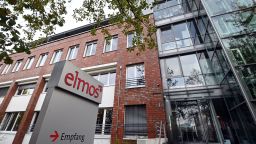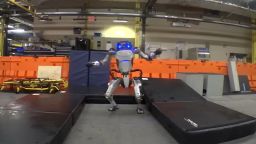Volkswagen faced a barrage of criticism from campaigners Tuesday after the head of its Chinese business said he saw no sign of forced labor during a visit to the carmaker’s plant in Xinjiang.
Activists and an international group of lawmakers said verifying labor standards in the region was impossible.
Rights groups have documented human rights abuses in Xinjiang since the 2000s, including mass forced labor in detention camps which the United Nations said could constitute crimes against humanity. China has denied any abuses in Xinjiang.
Volkswagen’s (VLKAF) China chief Ralf Brandstaetter spent 1-1/2 days on Feb. 16-17 touring the German group’s facility in the region, which is part of a joint venture with China’s SAIC Motor, along with Volkswagen’s (VLKAF) compliance and external relations chiefs in China.
Brandstaetter said he saw no signs of forced labor and that workers’ comments matched the reports Volkswagen had received from SAIC about the plant.
“I can talk to people and draw my conclusions. I can try and verify the facts, and that’s what I did. I didn’t find any contradictions,” he said, adding it was his first visit but not his last.
But Luke de Pulford of the Inter-Parliamentary Alliance on China, a group of legislators from 30 democratic countries including Britain, Germany, and the United States, said human rights organizations felt labor standards could not be verified in the region because members of the Uyghur minority could not speak freely without fearing for their safety.
Campaigners at the World Uyghur Congress in Germany and researchers from Sheffield Hallam University, who authored a report on the auto industry supply chain’s links to Xinjiang, said the visit to the region and conversations with workers were likely planned and coordinated with authorities.
Brandstaetter said he spoke at length to seven workers individually — including Han Chinese, Uyghurs and Kazakhs — some through a translator of Volkswagen’s choice and some in English, and held shorter discussions with other workers on his tour, which he said occurred without government supervision.
The plant, which previously assembled the Santana, has seen 65% staff cuts since the pandemic and only conducts final quality checks and installation of certain features before handing over vehicles to dealers for sale in the region.
Planned output for this year is 10,000, a fraction of the 50,000 targeted when it first opened.
Reputational risk
Volkswagen says it has never found evidence of forced labor among its Xinjiang workforce and its presence is positive for the local population. It denied maintaining the plant was a condition imposed by Beijing to keep producing cars across China.
The carmaker was initially praised for setting up the plant, chief lobbyist Thomas Steg said, comparing the goal of building infrastructure and boosting living conditions to Germany’s reunification.
But the atmosphere shifted after numerous deadly attacks in Xinjiang and elsewhere between 2009-2014 which the Chinese government blamed on militants from the region, leading to a “significantly more repressive approach,” he said.
However, with Volkswagen seeking new contractual partners worldwide — partly to diversify its business from the Chinese market — breaking the agreement with SAIC Motor to keep the plant until at least 2030 was out of the question.
Still, Ingo Speich, head of sustainability and corporate governance at top-20 Volkswagen investor Deka Investment, said the reputational risk of retaining the plant could affect the carmaker’s share price.
Already, some funds were shifting their portfolios to exclude Volkswagen shares after index provider MSCI issued a warning on its environmental, social and governance rating for the carmaker because of the plant in November.
“VW is stuck in a situation of reputational risk in Xinjiang,” Speich said.






